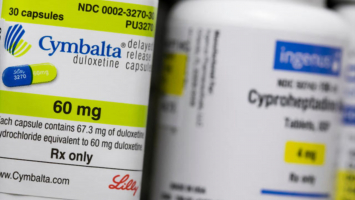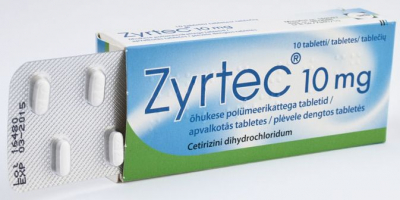Top 6 Things to Know About Amitriptyline
Amitriptyline is a tricyclic antidepressant that is marketed under the trade names Elavil and other names. It is generally used to treat major depressive ... read more...disorder, cyclic vomiting syndrome (CVS), fibromyalgia, migraines, and tension headaches. Amitriptyline is frequently used as a second-line medication for these indications due to the prevalence of its negative effects. And here are some things to know about Amitriptyline.
-
How Amitriptyline works is the first thing to know about Amitriptyline.
- Amitriptyline may be utilized off-label to treat insomnia, fibromyalgia, and chronic pain in addition to treating depression.
- Although it was once thought that amitriptyline's effects on depression were caused by its capacity to rebalance neurotransmitters in the brain like serotonin and/or norepinephrine, experts are unsure exactly how amitriptyline functions. Despite the fact that its exact mechanism of action is uncertain, studies show that amitriptyline is still useful in treating mood disorders including depression. Amitriptyline's mechanism of action in treating chronic pain, fibromyalgia, or sleeplessness is unknown.
- Amitriptyline is a member of the tricyclic antidepressant class of drugs.
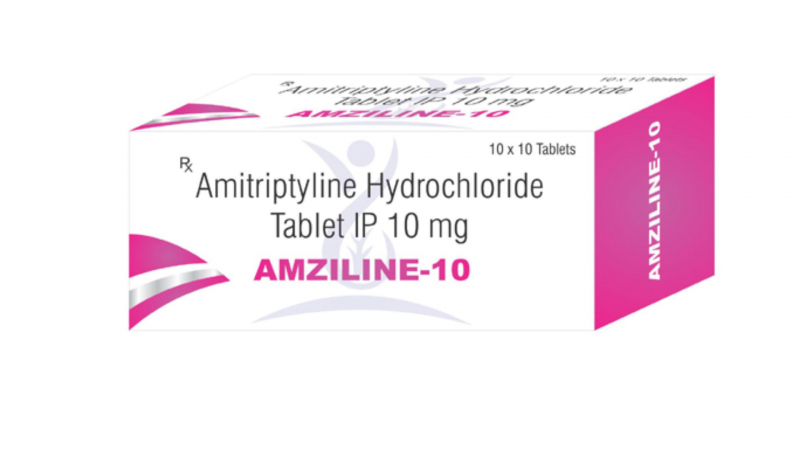
Photo: D M Pharma 
Photo: Sport Doctor London -
Amitriptyline is prescribed to treat major depressive disorder, to relieve neuropathic pain, to avoid migraines, and to relieve chronic tension headaches. After other therapies have failed, it can be used to treat nocturnal enuresis in children older than 6 years old.
- Is a potential therapy option for major depressive disorder (MDD).
- May be used for the treatment of various illnesses such chronic pain, fibromyalgia, or insomnia even though it is not an FDA-approved indication (off-label usage). When other treatments have failed or in conjunction with other treatments, amitriptyline may be utilized.
- For nerve-related pain that is unresponsive to opioid-like medications, it is advised on the WHO pain ladder (such as morphine).
- Amitriptyline comes in generic form.

Photo: Drugs - Selfcode 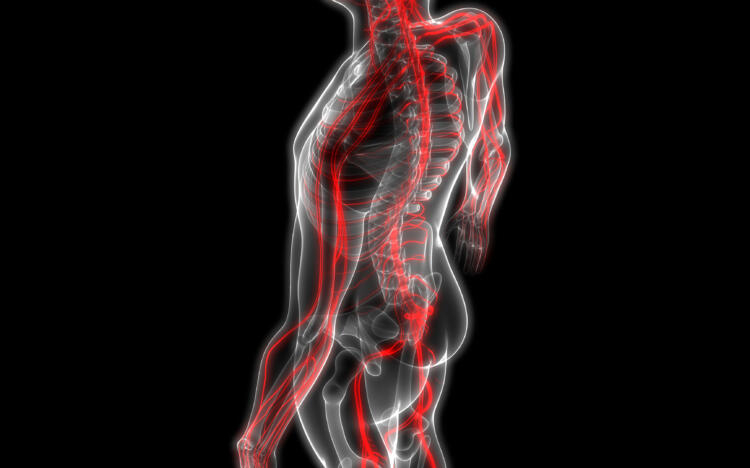
Photo: NPS MedicineWise -
The most typical adverse effects include dry mouth, sleepiness, dizziness, constipation, and weight gain, which affect 20% or more of users (on average 1.8 kg). Vision issues (amblyopia, blurred vision), tachycardia, increased hunger, tremor, fatigue/asthenia/feeling slowed down, and dyspepsia are other frequent side effects (in 10% or more). This is also the next thing to know about Amitriptyline.
- Young adults may be more likely to have suicide thoughts or act out in this situation (similar to other antidepressants).
- May make a person drowsy and impair their ability to drive or operate machinery; some individuals may get tolerant to this effect.
- Risk of edema, weight gain or loss, hair loss, skin rash, seizures, muscle rigidity, tremor, and heart-related side effects.
- Serotonin syndrome may result from an interaction or an overdose (symptoms include agitation, hallucinations, fast heart rate, dizziness, muscle tremor, nausea, vomiting, diarrhea). After starting or increasing the dose of amitriptyline, reports of the rare neuroleptic malignant syndrome (NMS) have been made. Muscle rigidity, fever, altered mental status, a rapid heartbeat, and tremors are some symptoms.
- With sudden discontinuance, withdrawal symptoms could develop (symptoms include nausea, headache, sleep disturbance, and generalized tiredness). These don't point to addiction. Under medical guidance, gradually reduce the dosage. Rare cases of mania have been documented within 2 to 7 days after tricyclic antidepressants, such amitriptyline, were stopped as a chronic treatment for depression.
- Some persons, such as those with undiagnosed bipolar disorder, a history of seizures, urinary retention, or angle-closure glaucoma, may not be a good candidate for this medication. Amitriptyline should not be used in high doses to patients with cardiovascular problems. It is advised to give under supervision to those with thyroid disorders.
- May result in a modest increase in pupil size, which could lead to an attack of angle-closure glaucoma.
- May interact with a number of different medications, such as those metabolized by the hepatic enzyme CYP2D6 or those that have sedative effects or anticholinergic adverse effects (such as dry mouth, urinary retention, blurred vision, constipation). Amitriptyline has been known to cause extremely high fevers (hyperpyrexia) when combined with antipsychotics or anticholinergic medications.
- If the dangers are not outweighed by the benefits, avoid using during pregnancy. Although a causative connection has not been shown, amitriptyline has been demonstrated to pass the placenta and there have been a few instances of unfavorable consequences.

Photo: Banyan Treatment Center 
Photo: MadeForMums -
Because it may make you feel tired, it is better to take it before bed. Try taking it earlier in the evening if you discover that you are still feeling sleepy in the morning.
- Exactly as directed by your doctor, take. To lessen daytime drowsiness if amitriptyline makes you sleepy, discuss with your doctor taking greater doses later in the day or in the evening.
- You can learn more about amitriptyline by reading the drug handbook that your pharmacist has provided. Speak to your doctor or pharmacist if you have any additional inquiries.
- Avoid stopping abruptly since withdrawal symptoms could emerge. It is advised to reduce the dosage gradually over a period of weeks or months.
- If your depression increases or if you start to have suicidal thoughts, especially in the first few months of therapy, let your doctor know. Watch out for serotonin syndrome as well.
- Inform your doctor of any unusual side effects.
- Sunburn risk may be increased; use sun protection when outside.
- Before combining amitriptyline with any other medications, make sure your doctor or pharmacist has approved them.
- Inform your doctor if you are currently breastfeeding, planning a pregnancy, or both.

Photo: Healthline 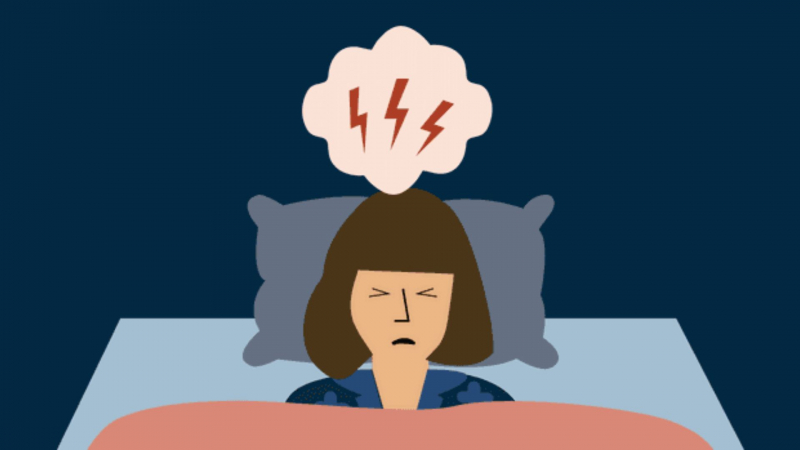
Photo: Sleepstation -
When used with amitriptyline, drugs that interact with it may lessen its effect, shorten its duration of action, exacerbate adverse effects, or have no effect at all. Even while it is not always necessary to cease taking one of the drugs, sometimes there is an interaction between two drugs. Consult your doctor to learn how to handle drug interactions.
Medication interactions with amitriptyline frequently occur and include:
- Warfarin and other blood-thinning medications like aspirin and NSAIDs are examples of anticoagulants (blood thinners).
- Anticonvulsants like phenytoin, phenobarbital, and primidone are examples of anticoagulants (blood thinners).
- Atypical antipsychotics (such as olanzapine, quetiapine, and ziprasidone) and antipsychotics (such as butyrophenones, phenothiazines, or thioxanthenes) as well as antipsychotics (such as butyrophenones, phenothiazines, or thioxanthenes) that may cause drowsiness include benzodiazepines (such as codeine, morphine)
- aspirin
- bupropion
- buspirone
- cimetidine
- cisapride
- diuretics, such as furosemide
- disulfiram
- ipratropium
- lithium

Photo: Vinmec 
Photo: surabky -
With the exception of the manifestation of serotonin syndrome and negative cardiac consequences, the signs and symptoms of an overdose are virtually the same as for the other TCAs. Amitriptyline and other TCAs are no longer advised as first-line treatments for depression, according to the British National Formulary, which emphasizes that they can be particularly harmful in overdoses. Since there is currently no known antidote for amitriptyline overdose, supportive care is typically used to treat overdose. If administered within 1-2 hours of eating, activated charcoal may decrease absorption. A nasogastric tube may be used to administer the activated charcoal to the stomach if the affected person is unconscious or has trouble with their gag reflex.
It is crucial to monitor ECGs for cardiac conduction anomalies, and if one is discovered, it is recommended to closely monitor heart function. If necessary, body temperature should be controlled with the use of heating blankets. After the overdose, cardiac monitoring is advised for at least five days. It is advised to use benzodiazepines to prevent seizures. Due to amitriptyline strong protein binding, dialysis is useless.
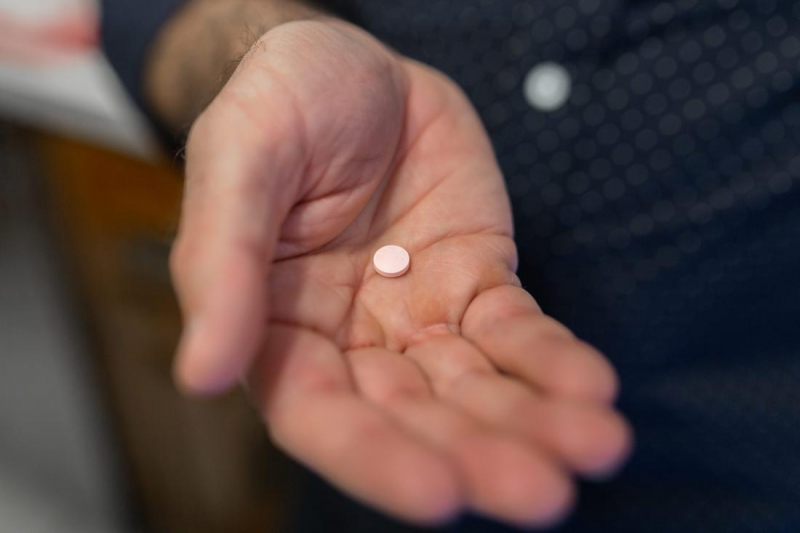
Photo: Medical News Today 
Photo: Addiction Resource











